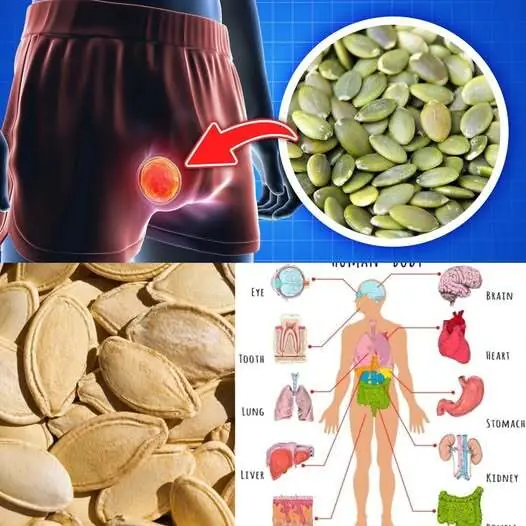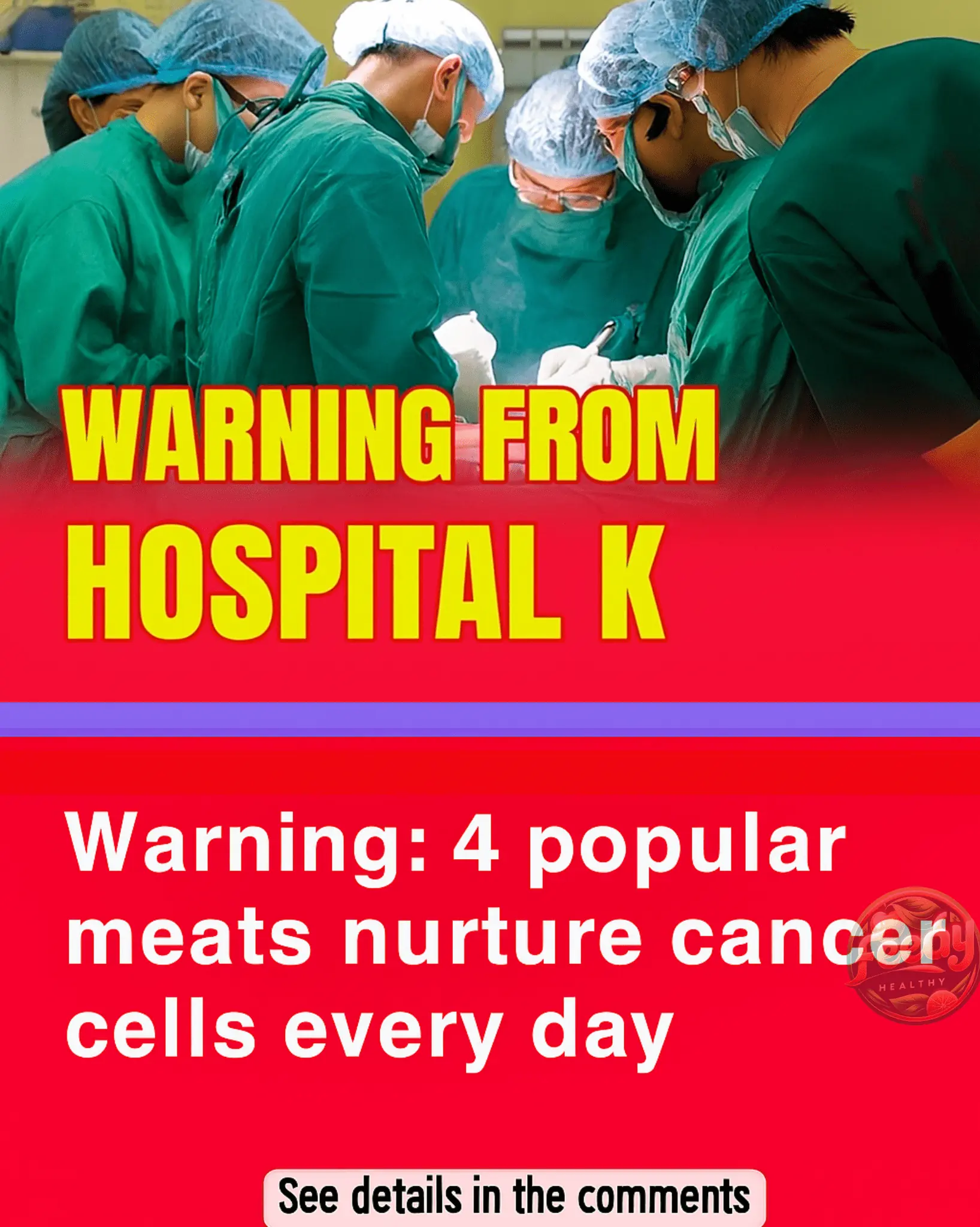
15 Common Warning Signs of Cancer
Recognizing early warning signs of cancer is crucial. Cancer often presents no specific symptoms in its early stages, making detection difficult. To prevent the disease and catch it early, people should minimize risk factors and undergo appropriate cancer screening.
1. Overview
Cancer is a malignant condition that occurs when cells grow uncontrollably and form tumors. Unlike benign tumors, cancerous tumors tend to invade surrounding tissues. Additionally, they can metastasize to distant organs and lymph nodes, forming new tumors and potentially leading to death.
Aside from metastasis, cancer is also known for its tendency to recur, which complicates treatment and poses serious risks to the patient’s life. Therefore, identifying early warning signs of cancer is essential.
2. Warning Signs of Cancer Everyone Should Know
Here are some warning signs of cancer that patients should be aware of:
2.1 Skin Changes

The appearance of a new mole or changes in the size, shape, or color of an existing mole may indicate skin cancer. Patients should consult a dermatologist and consider a skin biopsy if unusual skin changes appear.
2.2 Persistent Cough

A persistent cough may result from postnasal drip, asthma, acid reflux, or infections. However, if the cough lasts long, is accompanied by blood, and especially occurs in smokers, medical evaluation including chest X-rays or low-dose CT scans may be needed to screen for lung cancer.
2.3 Breast Changes
While most breast changes are not cancer-related, women should regularly examine their breasts in the mirror. If a lump, unusual discharge from the nipple, redness, thickening, or pain occurs, medical evaluation is necessary. Doctors may recommend mammograms, breast ultrasounds, MRIs, or biopsies.
2.4 Persistent Bloating

Bloating can result from diet or stress. However, if it lasts and is accompanied by unexplained weight loss or back pain, it’s important to seek medical advice. Persistent bloating can be a warning sign of ovarian cancer in women.
2.5 Urinary Issues
Frequent urination, weak urine stream, or interrupted flow in older men could indicate an enlarged prostate or prostate cancer. Screening for prostate cancer typically involves measuring PSA levels in the blood.
2.6 Swollen Lymph Nodes
Swollen lymph nodes are often caused by infections such as a sore throat or cold. However, they may also swell due to leukemia, lymphoma, or metastasis from other cancers.
2.7 Blood in Urine or Stool
Blood in the stool may be caused by hemorrhoids but can also indicate colorectal cancer. Likewise, blood in urine may suggest a urinary tract infection or cancers of the prostate, kidney, or bladder. In either case, medical attention is recommended.
2.8 Testicular Changes
Men should be concerned if they notice a painless lump or swelling in the testicles. This is a common symptom of testicular cancer, often accompanied by a heavy feeling in the scrotum or lower abdomen, or an enlarged scrotum.
2.9 Difficulty Swallowing
Swallowing issues may result from acid reflux, esophageal narrowing, external compression, or medication side effects. If it persists, this could indicate esophageal or throat cancer. Doctors may perform endoscopies, CT scans, or ultrasounds to determine the cause.
2.10 Abnormal Vaginal Bleeding
Unexpected bleeding between periods or after sex could result from fibroids, contraception use, or gynecological conditions. However, it might also signal cervical, endometrial, or vaginal cancer. Women should visit a gynecologist for evaluation and testing.
2.11 Oral Changes
Mouth changes such as bad breath or sores are usually benign. However, persistent white or red patches, especially in smokers, may indicate oral cancer. Other warning signs include mouth lumps, gum swelling, difficulty chewing, and chronic pain.
2.12 Unexplained Weight Loss
Diet changes or exercise can cause weight loss. Stress and thyroid disorders can too. But rapid, unexplained weight loss may be an early sign of cancer — including esophageal, pancreatic, stomach, lung, or other types.
2.13 Persistent Fever
Fevers are often the body’s response to infection or medication side effects. However, a persistent, unexplained fever might indicate blood cancers like leukemia or lymphoma. Evaluation is necessary if no other cause is found.
2.14 Chronic Heartburn
Heartburn may arise from eating habits or stress. But if lifestyle changes don’t improve it, further testing is needed to rule out stomach cancer.
2.15 Persistent Fatigue
While most fatigue is harmless, extreme tiredness that doesn't improve with rest may suggest colorectal or stomach cancer due to internal bleeding. If constant fatigue persists, medical consultation is essential.
If you experience any of these symptoms, it’s important to consult a healthcare professional for timely screening and diagnosis. Early detection saves lives.
News in the same category

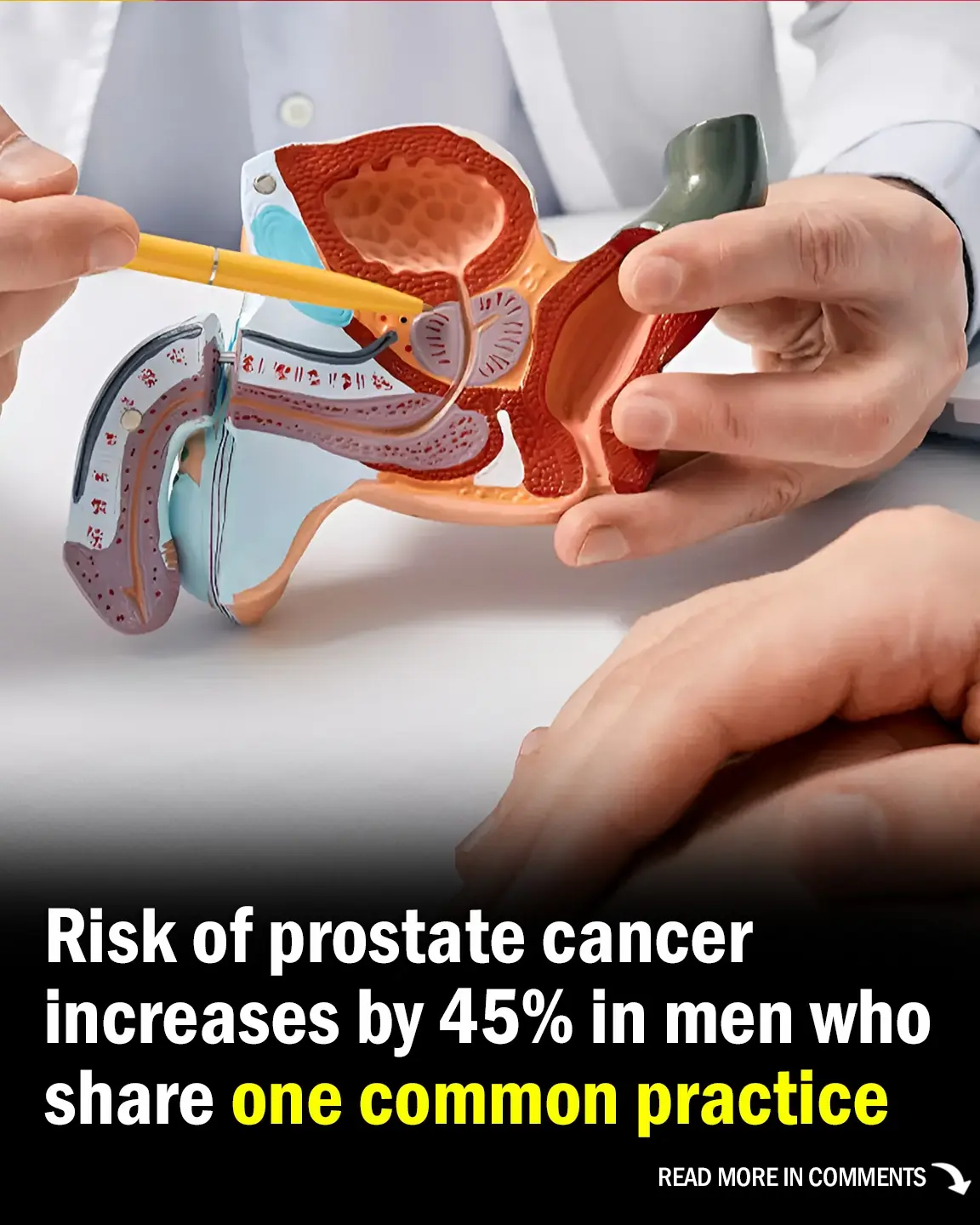
Men Who Neglect This Crucial Practice Face 45% Higher Risk of Prostate Cancer

3-Year-Old Boy Gets Super Glue in His Eye: Mother's “Golden 30 Seconds” Action Saves Him from Blindness

Unlocking the Power of Thyme: Combat Poor Circulation, Fatty Liver, High Blood Pressure, and Anxiety
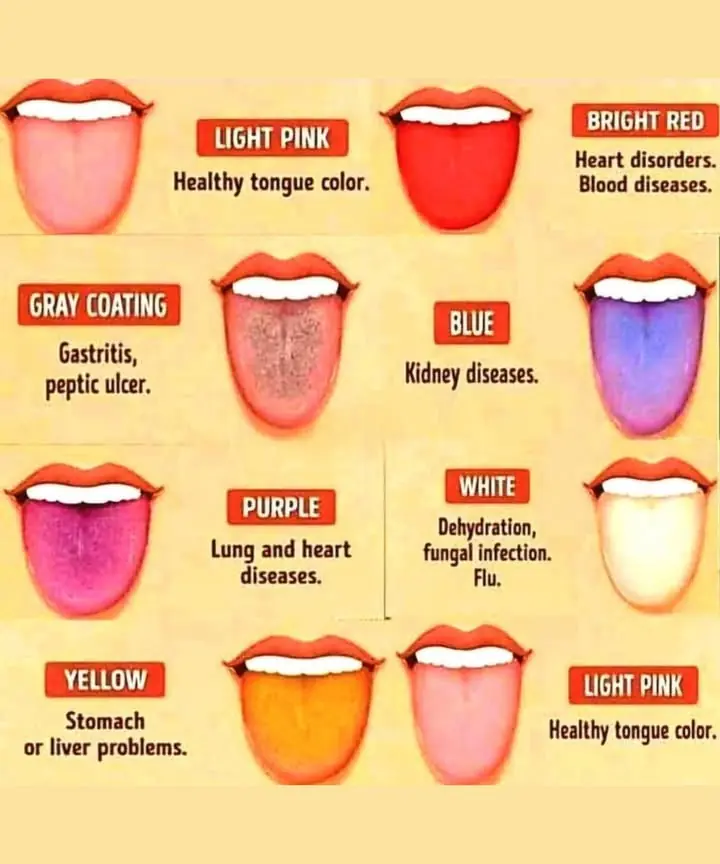
What Your Tongue Color Says About Your Health!

Rice Collagen Cream: No Wrinkles At Any Age

Nail Cancer Often Overlooked: A Dark Streak Could Be a Silent Warning
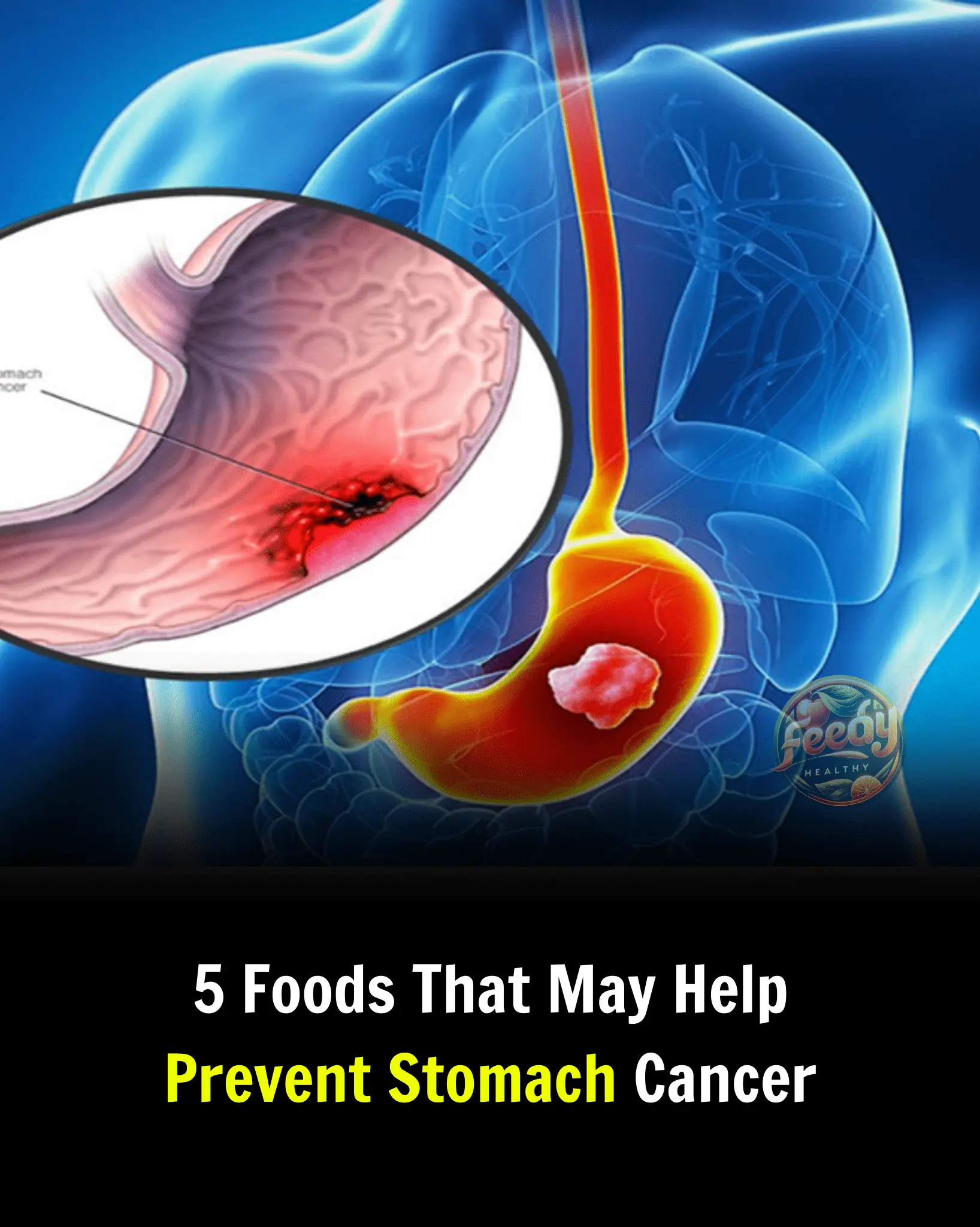
5 Foods That May Help Prevent Stomach Cancer

The Benefits of Boiled Eggs: Nutrition and Recipes You Should Try

Coffee Lovers, Take Note! “Extend Lifespan” or “Promote Cancer”? It All Depends on One Habit
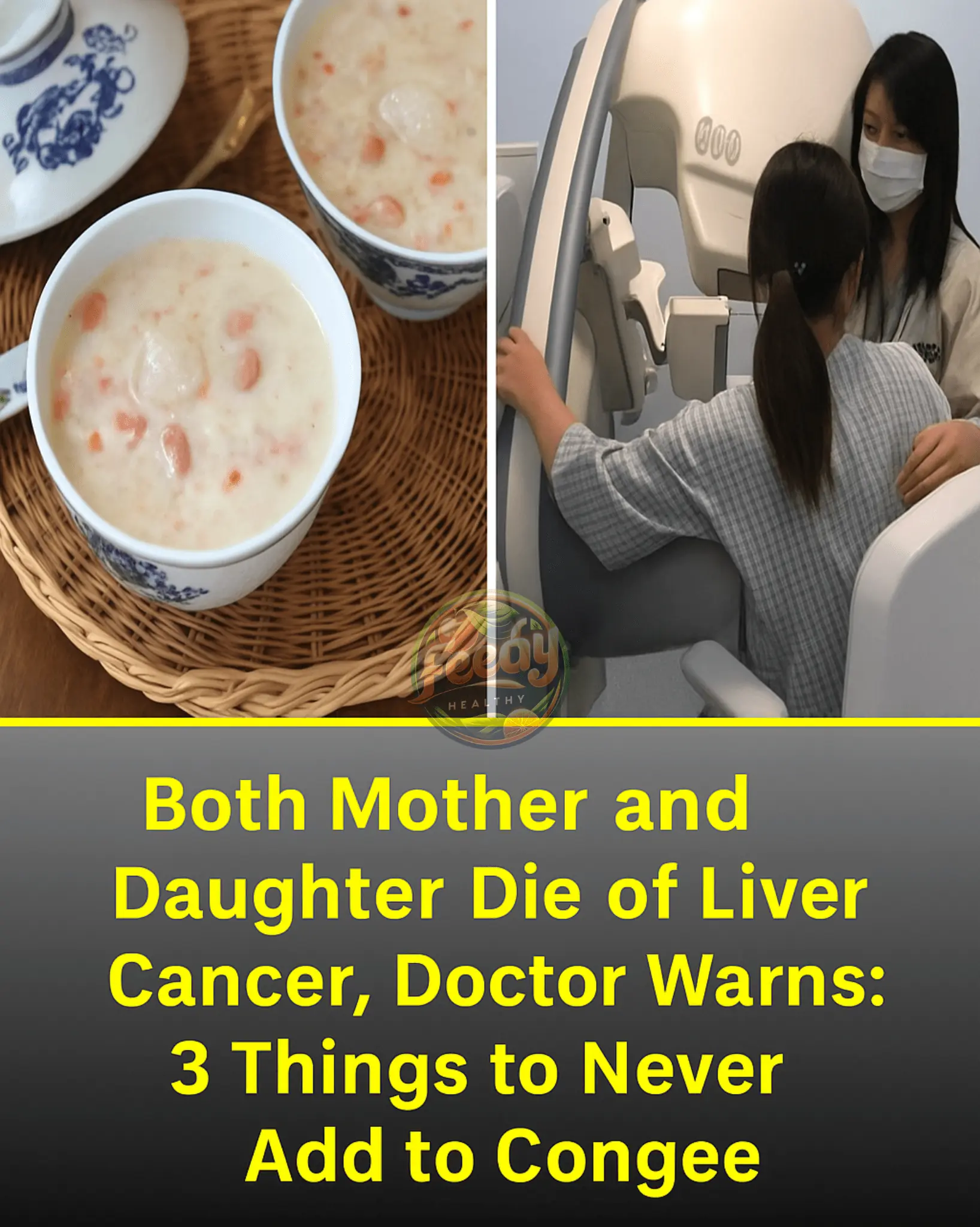
Both Mother and Daughter Died of Liver Cancer — Doctor Warns: 3 Things You Should Never Add to Congee

Using an Electric Kettle to Boil Water: 90% of Users Make This Mistake — Remind Your Loved Ones to Correct It Soon

What causes the green ring around hard-boiled eggs?

Just Found Out Today: These 6 Foods Should Not Be Reheated — If You Can’t Finish Them, It’s Best to Throw Them Away!

9 ‘Classic’ Symptoms Signaling Early-Stage Cancer in Children: Parents Should Take Their Child to the Hospital Immediately

Heartfelt Advice: Throw Away These 4 Toxic Plastic Items Before Cancer Comes Knocking
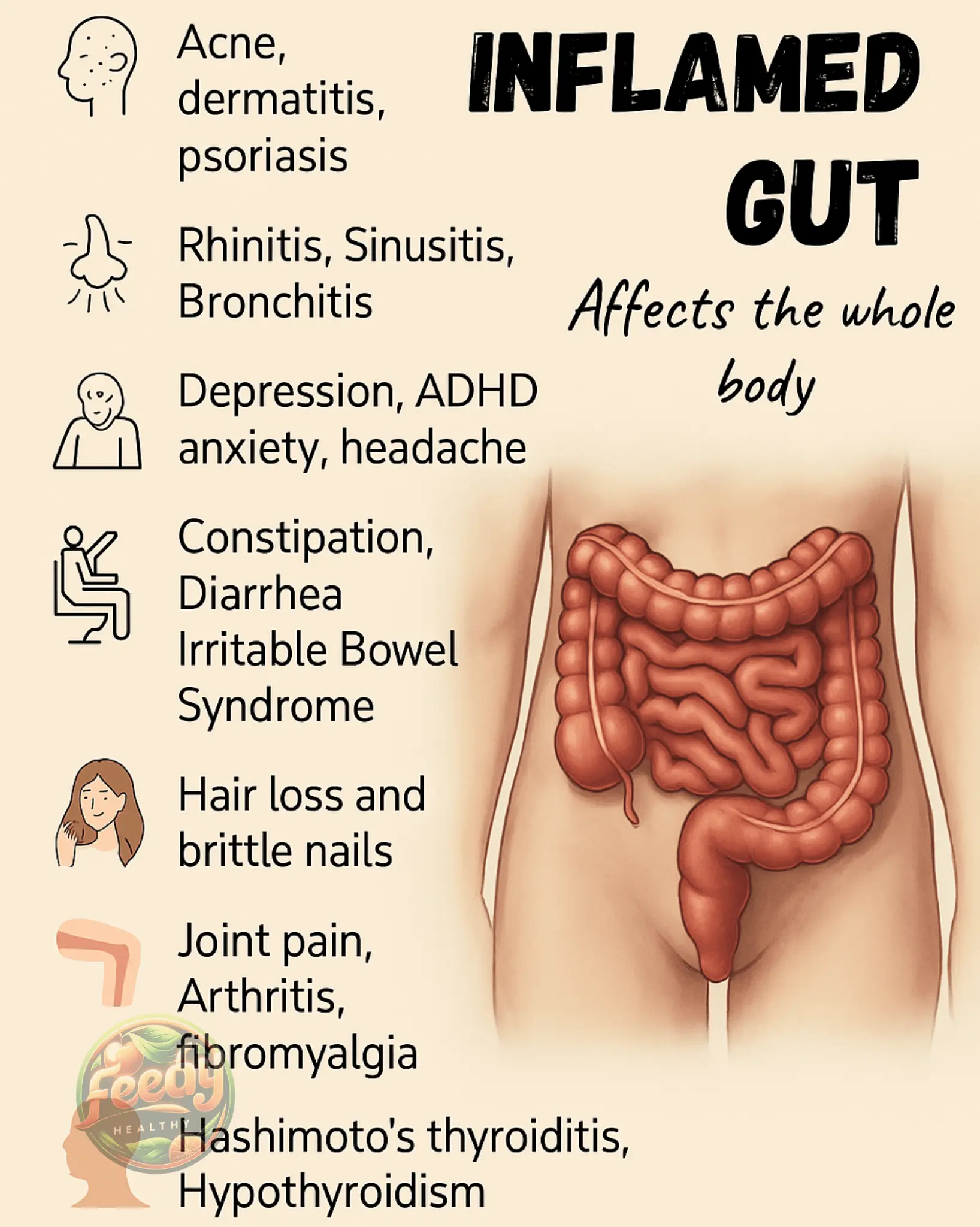
NATURAL REMEDIES FOR INFLAMED GUT
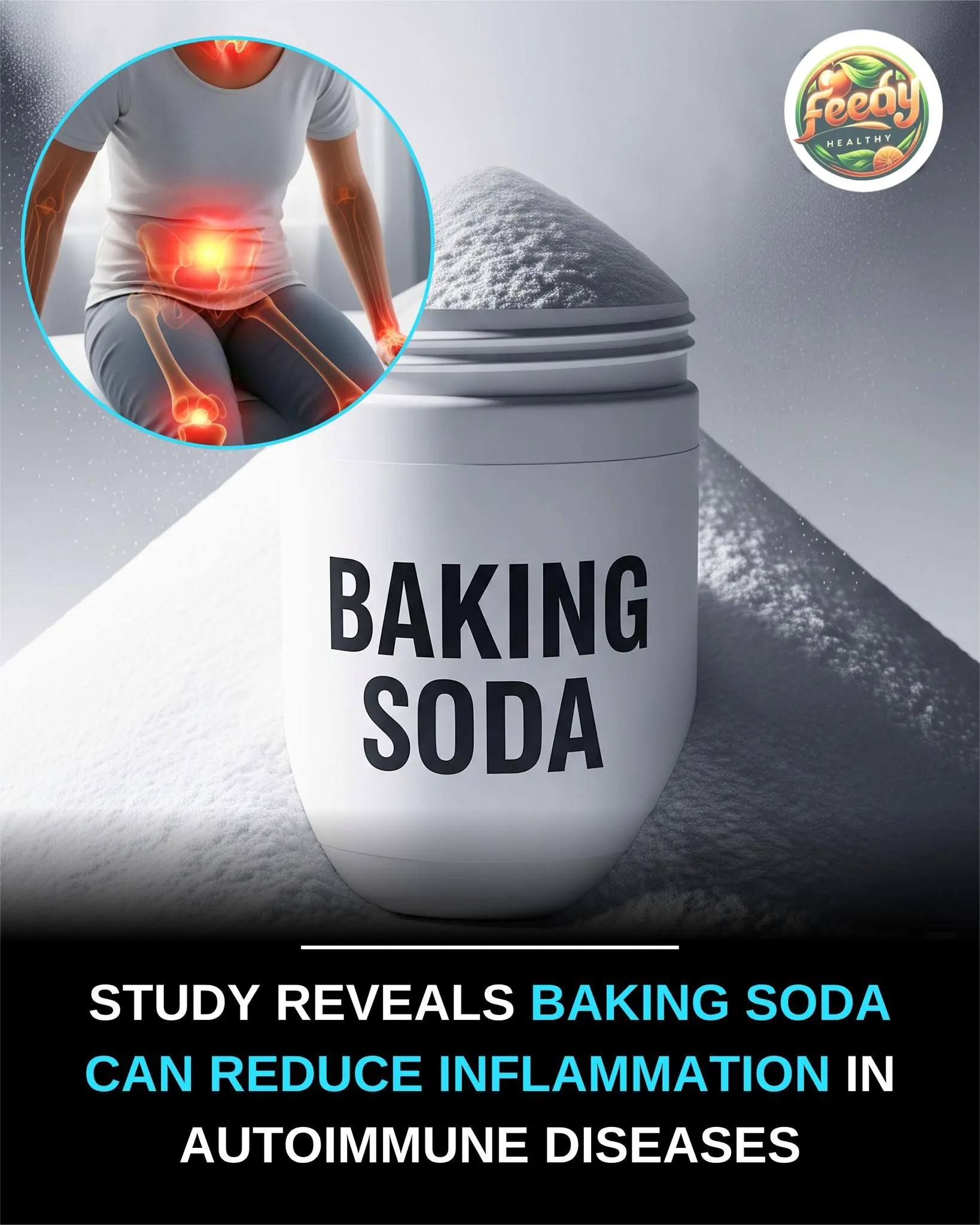
Daily Baking Soda Intake May Help Tame Autoimmune Inflammation, Study Finds

Many people mistake nasopharyngeal cancer for tonsillitis: Doctor explains how to tell them apart through associated symptoms
News Post

Warning from Hospital : Eating this type of meat daily may increase cancer risk – Don’t ignore it!

Men Who Neglect This Crucial Practice Face 45% Higher Risk of Prostate Cancer

Restore Your Vision, Eliminate Anemia, and Detox Your Liver with This Powerful Natural Smoothie

3-Year-Old Boy Gets Super Glue in His Eye: Mother's “Golden 30 Seconds” Action Saves Him from Blindness

🍫✨ Caramel Brownie Cheesecake Bites ✨🍫

Vitamin Deficiency and Leg or Bone Pain: What You Need to Know

15 things a woman should never tell a man

🍯 Caramel Toffee Crunch Cake 🍰

🍊🍰 Orange Cream Cheesecake with Glaze 🍰🍊

💕😋 Irresistible Cherry Chocolate Cake 😋💕

Unlocking the Power of Thyme: Combat Poor Circulation, Fatty Liver, High Blood Pressure, and Anxiety

What Your Tongue Color Says About Your Health!

Dog refuses to leave storefront, desperately waits for help

Unlocking the Power of Black Cumin Seeds: A Natural Health Boost

The Power of Red Onion and Other Vegetables for Balanced Blood Sugar

Discover the Amazing Health Benefits of Chewing Black Pepper Before Bed 🌿🔥

Discover the Benefits of Sleeping with Garlic Under Your Pillow

Unlock Radiant Skin with Aloe Vera and Castor Oil
